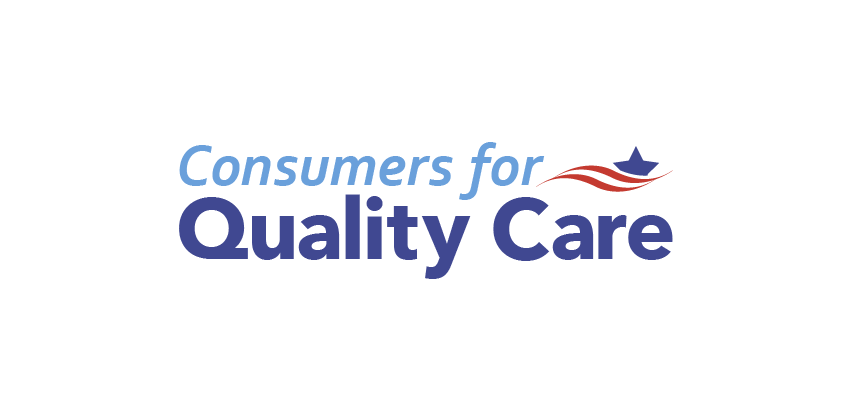CQC Nonprofit Hospital Scorecard: Indiana Nonprofit Hospitals Earn a #HospitalFail
By Consumers for Quality Care, on May 10, 2022

FOR IMMEDIATE RELEASE
May 10, 2022
Contact: press@consumers4qualitycare.org
CQC Nonprofit Hospital Scorecard: Indiana Nonprofit Hospitals Earn a #HospitalFail
WASHINGTON – Despite being tax-exempt, nonprofit hospitals around the country are engaging in practices that put profits over patients. Recent findings from reports from the Rand Corporation (RAND), PatientRightsAdvocate.org, and Lown Institute reveal Indiana nonprofit hospital practices that are at odds with what the public expects from charitable hospitals, such as high prices and a lack of price transparency.
A statement from Consumers for Quality Care (CQC) reads: “In Indiana, nonprofit hospitals must uphold their end of the bargain when it comes to serving their communities. From charging outrageous prices to not complying with federal price transparency regulations, many of the state’s hospitals are not doing everything they can to help patients in need. We urge these nonprofits to put people before profits and work to better serve all Hoosiers.”
Nonprofit Hospital Score Card: Indiana
| Hospital Prices |
|
|
| Costs |
|
|
| Price Transparency |
|
|
| Profits |
|
|
| Charity Care |
|
GRADE: #HospitalFail
1 RAND Corporation, “RAND Hospital Price Transparency Project,” May 2022, pg. 20, https://employersforumindiana.org/media/resources/Rand-4-Hospital-Price-Transparency-Study-Results-Chris-Whaley-05-05-2022.pdf
2 RAND Corporation, “RAND Hospital Price Transparency Project,” May 2022, pg. 20, https://employersforumindiana.org/media/resources/Rand-4-Hospital-Price-Transparency-Study-Results-Chris-Whaley-05-05-2022.pdf
3 PatientRightsAdvocate.org, “Semi-Annual Hospital Price Transparency Compliance Report,” February 2022, pp. 27-29, https://www.patientrightsadvocate.org/semi-annual-compliance-report-2022
4 News and Tribune, “‘UNSUSTAINABLE’: State lawmakers push health care industry to lower its prices,” April 9, 2022, https://www.newsandtribune.com/indiana/news/unsustainable-state-lawmakers-push-health-care-industry-to-lower-its-prices/article_2b865cc9-f1d2-5659-b4c2-d049f8ff5ee8.html
5 Associated Press, “Indiana’s largest hospital system announces price freeze,” December 17, 2021, https://apnews.com/article/business-health-indiana-indianapolis-indiana-university-0e8e783447d9840db90eab5ecb760eff
6 Lown Institute, “Lown Institute Hospitals Index,” April 2022, https://lownhospitalsindex.org/2022-fair-share-spending/
Visit CQC’s Nonprofit Hospital Scorecards here.
ABOUT
Consumers for Quality Care (CQC) is a coalition of advocates and former policymakers working to provide a voice for patients in the health care debate as they demand better care. CQC is led by a board of directors that includes the Honorable Donna Christensen, physician and former Member of Congress; Jim Manley, former senior advisor to Senators Edward Kennedy and Harry Reid; Jason Resendez, community advocate and health care strategist; and Mary L. Smith, former head of Indian Health Service.
